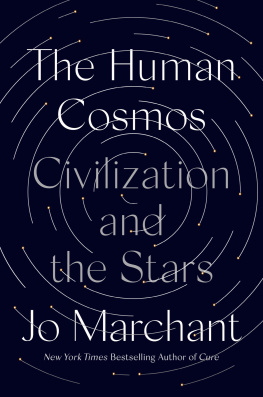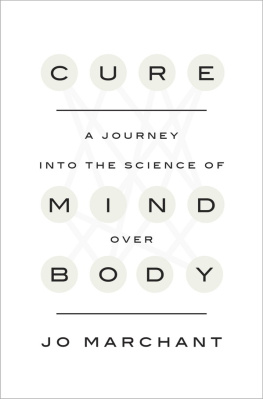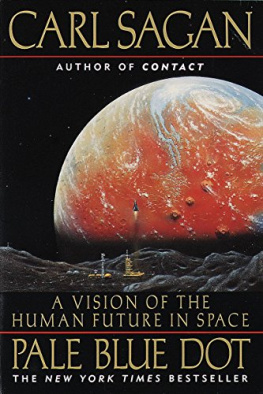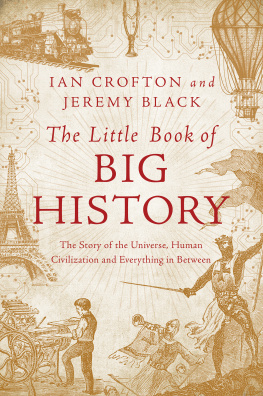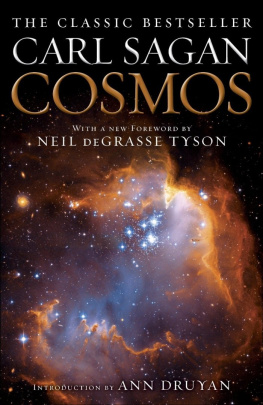Jo Marchant - The Human Cosmos: Civilization and the Stars
Here you can read online Jo Marchant - The Human Cosmos: Civilization and the Stars full text of the book (entire story) in english for free. Download pdf and epub, get meaning, cover and reviews about this ebook. year: 2020, publisher: Penguin Publishing Group, genre: Religion. Description of the work, (preface) as well as reviews are available. Best literature library LitArk.com created for fans of good reading and offers a wide selection of genres:
Romance novel
Science fiction
Adventure
Detective
Science
History
Home and family
Prose
Art
Politics
Computer
Non-fiction
Religion
Business
Children
Humor
Choose a favorite category and find really read worthwhile books. Enjoy immersion in the world of imagination, feel the emotions of the characters or learn something new for yourself, make an fascinating discovery.
- Book:The Human Cosmos: Civilization and the Stars
- Author:
- Publisher:Penguin Publishing Group
- Genre:
- Year:2020
- Rating:5 / 5
- Favourites:Add to favourites
- Your mark:
- 100
- 1
- 2
- 3
- 4
- 5
The Human Cosmos: Civilization and the Stars: summary, description and annotation
We offer to read an annotation, description, summary or preface (depends on what the author of the book "The Human Cosmos: Civilization and the Stars" wrote himself). If you haven't found the necessary information about the book — write in the comments, we will try to find it.
The Human Cosmos: Civilization and the Stars — read online for free the complete book (whole text) full work
Below is the text of the book, divided by pages. System saving the place of the last page read, allows you to conveniently read the book "The Human Cosmos: Civilization and the Stars" online for free, without having to search again every time where you left off. Put a bookmark, and you can go to the page where you finished reading at any time.
Font size:
Interval:
Bookmark:

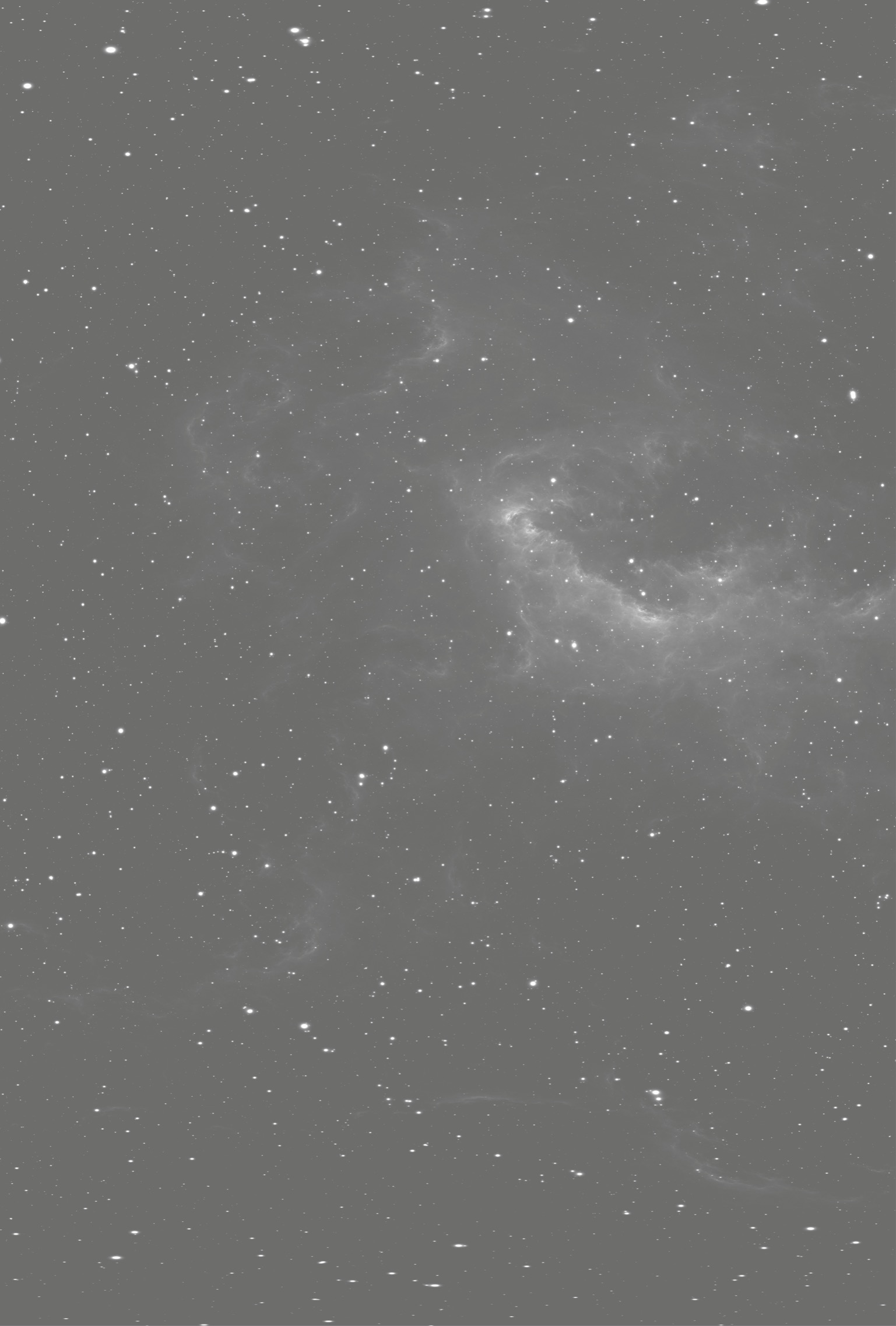
Decoding the Heavens: Solving the Mystery of the Worlds First Computer
The Shadow King: The Bizarre Afterlife of King Tuts Mummy
Cure: A Journey into the Science of Mind over Body
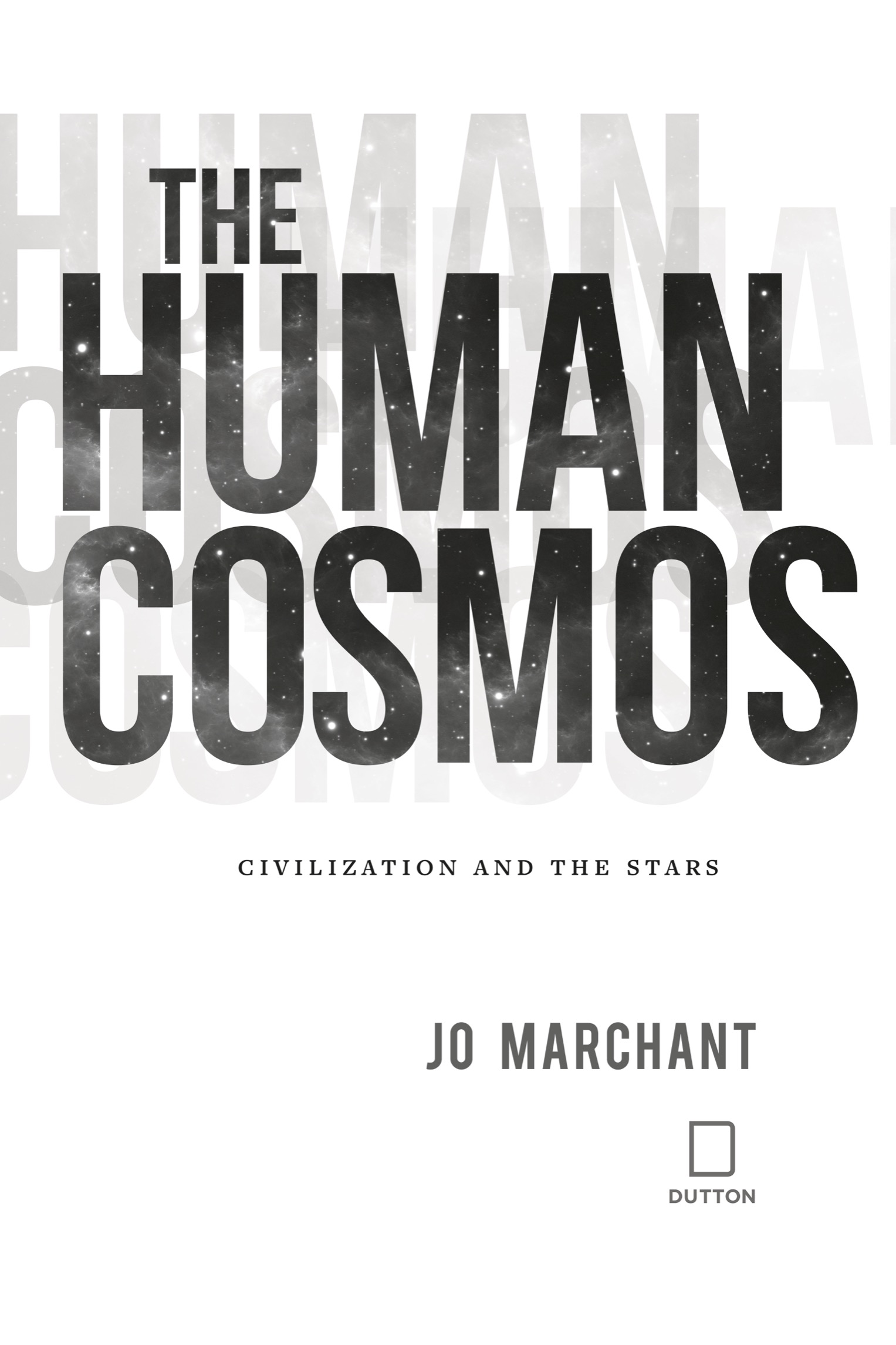

An imprint of Penguin Random House LLC
penguinrandomhouse.com

Copyright 2020 by Jo Marchant
Penguin supports copyright. Copyright fuels creativity, encourages diverse voices, promotes free speech, and creates a vibrant culture. Thank you for buying an authorized edition of this book and for complying with copyright laws by not reproducing, scanning, or distributing any part of it in any form without permission. You are supporting writers and allowing Penguin to continue to publish books for every reader.
DUTTON and the D colophon are registered trademarks of Penguin Random House LLC.
Library of Congress Cataloging-in-Publication Data
Names: Marchant, Jo, author.
Title: The human cosmos : civilization and the stars / Jo Marchant.
Description: New York : Dutton, Penguin Random House LLC, [2020] | Includes bibliographical references and index.
Identifiers: LCCN 2020004943 (print) | LCCN 2020004944 (ebook) | ISBN 9780593183014 (hardcover) | ISBN 9780593183021 (ebook)
Subjects: LCSH: Cosmology--History.
Classification: LCC QB981 .M218 2020 (print) | LCC QB981 (ebook) | DDC 523.1--dc23
LC record available at https://lccn.loc.gov/2020004943
LC ebook record available at https://lccn.loc.gov/2020004944
While the author has made every effort to provide accurate telephone numbers, internet addresses, and other contact information at the time of publication, neither the publisher nor the author assumes any responsibility for errors or for changes that occur after publication. Further, the publisher does not have any control over and does not assume any responsibility for author or third-party websites or their content.
pid_prh_5.6.0_c0_r0
For Poppy and Rufus
Almost fourteen billion years ago, everything burst out of nothing. Our universe pricked into being as an unimaginably hot, dense point, then almost instantaneously exploded outward, the very fabric of space expanding faster than the speed of light, until all of existence was roughly the size of a grapefruit. After that, the universe continued to expand and cool, and the first matter formed. Within the first second, a dense soup of particlesneutrons, protons, electrons, photons, neutrinosjostled in a smashing, searing heat that scattered light like fog.
By the time it was about 380,000 years old, this cosmic bubble had expanded to tens of millions of light-years across and cooled to a few thousand degrees, mild enough for atoms to hold together, and for the first time the universe became transparent to light. There was an initial flash of illumination, then darkness fell. It took several hundred million years for the attractive force of gravity to work on subtle density variations, inexorably collapsing clumps of gas to form the first stars and galaxies, and one by one, the celestial lights switched on.
Most guides to cosmology tell some version of this sequence of events. Mysteries remain: Was this Big Bang really the start of everything, or is our universe just one inflating bubble in a much larger multiverse? What is the epic force that still pushes space apart? Will it keep expanding forever, or eventually collapse again in a Big Crunch? But the general nature and story of the universe is agreed. Reality has been revealed as a vast and sophisticated machine, composed of physical particles and forces governed by mathematical equations and laws.
This book tells a different story. The scientific account of the universe is a pinnacle of our modern civilization, a vision so powerful that its rivals have been all but obliterated. Cosmologythe study of the cosmosonce described the broad philosophical and spiritual endeavor to make sense of existence, to ask who we are, where we are, and why were here. It is now a branch of mathematical astronomy. So what happened to those bigger questions? Is there nothing else about the universe we need to know?
Instead of detailing the latest astronomical developments, this is a guide to the long history of knowledge that people have gleaned from the stars. Its about what their view of the cosmos told them of the nature of reality and the meaning of life; about the gods and souls, myths and magical beasts, palaces and celestial spheres that weve discarded; about how the scientific view came to dominate; and how in turn that journey still shapes who we are today. Its a tale about peopleof priests, explorers, revolutionaries and kingsand it starts not with the Big Bang, nor even with the birth of science, but with the very first humans who looked to the stars, and the answers they found in the sky.

Why bother about the celestial beliefs of the past? Archaeologists and historians often dont. We know that science was built on attempts to understand the heavens, but this is rarely a focus for scholars tracing human progress more generally. I think this has created a huge blind spot in our understanding of where we came from. In fact, the patterns people see in the sky have always governed how they live on Earth, shaping ideas about time and place; power and truth; life and death.
We see this in the ancient past: with the eclipse-obsessed Babylonians; the Egyptian pharaohs who built pyramids to guide their souls to the stars; the Roman emperors who fought under the banner of the Sun. Ideas about the cosmos have shaped the modern world too. These influences are still deeply engrained in our society, even if weve forgotten their originsin our parliaments, churches, galleries, clocks and maps. Beliefs about the Sun, Moon and stars played a central role in the birth of Christianity, and in Europes exploration and domination of the planet. They guided the rebellious lawmakers who founded the principles of democracy and human rights, the economists who developed the frameworks on which capitalism depends, and even the painters who produced the first abstract art.
Today, as light pollution envelops our planet, the stars are almost gone. Instead of thousands being visible on a dark night, in todays cities we see only a few dozen (and astronomers fear these will soon be vastly outnumbered by artificial satellites). Most people in the United States and Europe can no longer see the Milky Way at all. It is a catastrophic erosion of natural heritage: the obliteration of our connection with our galaxy and the wider universe. There has been no major outcry. Most people shrug their shoulders, glued to their phones, unconcerned by the loss of a view treated as fundamental by every other human culture in history.
Font size:
Interval:
Bookmark:
Similar books «The Human Cosmos: Civilization and the Stars»
Look at similar books to The Human Cosmos: Civilization and the Stars. We have selected literature similar in name and meaning in the hope of providing readers with more options to find new, interesting, not yet read works.
Discussion, reviews of the book The Human Cosmos: Civilization and the Stars and just readers' own opinions. Leave your comments, write what you think about the work, its meaning or the main characters. Specify what exactly you liked and what you didn't like, and why you think so.

